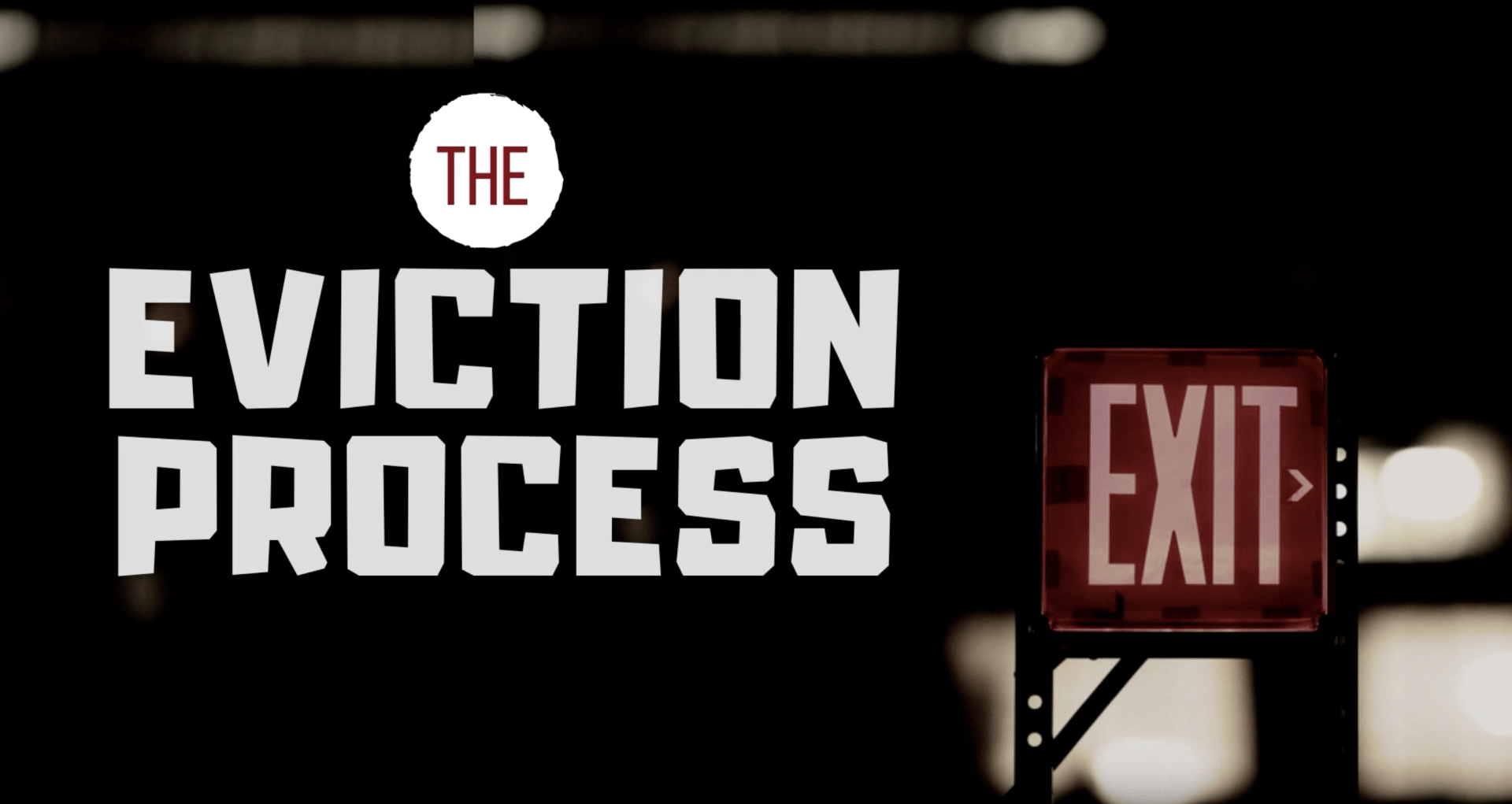There are a lot of things to consider when you’re turning your home into a rental property. Today, we’re talking about how to rent your house and what you need to do.
Converting Primary Residence: Insurance
First, look at changing your insurance policy to a landlord insurance policy. Any time you have people on a property you own, you take on some degree of responsibility. This type of policy includes reimbursement for lost rental income, and covers situations where the home needs to be repaired or rebuilt from a covered loss.
Property Management in Salt Lake City: Permits
You’ll also want to determine whether you need permits. For residential property to convert into a rental property, a permit is often required. The requirements can vary from city to city. They are usually low in cost and in place to make sure rental dwellings are safe and healthy for tenants.
Repairs and Upgrades: Preparing Your Home
Establish a good idea of the market your home is in, and get to know the competition you will be dealing with. People use their senses when making housing decisions. Make sure your home smells good, is freshly painted, and clean. Anything that’s severely outdated should be replaced, providing it’s an affordable fix. You will want to build the cost of your upgrades into the rental rate, so don’t go overboard with your improvements.
Salt Lake City Property Management: Tenant Placement
Finding a qualified tenant is also important. Make sure you fully understand the fair housing laws. They are in place to prevent discrimination against several different protected classes. One of the keys to avoiding discrimination is to make sure you treat everyone the same. Renting to the first qualified applicant is a good way to avoid discrimination. Check criminal and credit records when screening, and examine the tenant’s previous rental history. You’ll get a good picture of what kind of tenant you’re renting your home to.
Pricing Your Property: Rent Amounts
To come up with the proper rent amount, you’ll need to do some research. Get a good understanding of your competition, and find out what homes around you are renting for. You’ll need to compare the size and condition of your own home to the others on the market.
Property Management in Salt Lake City: Documents
Proper documents and contracts are an essential part of renting out a home. You will probably need your own attorney if you’re planning to create your own lease agreement and forms. A good property management company can help with the rental paperwork.










